SIDETRACKS & DETOURS Pass It On 2/11/2025 Jenny Bray, Nash and Asher, Opus 22
SIDETRACKS AND DETOURS
PASS IT ON 2//11/2026
news, previews, interviews and reviews,
CONTENTS

1 IT´S A DATE:
Rochdale Feel Good Festival 2026 by Steve Cooke
2 JENNY BRAY
Fairy Godmother Kindheart by Norman Warwick
3 JAZZ IN READING
4 GRAHAM NASH & PETER ASHER:
Songs and Stories, review by Peter Pearson
5 SOUND ROOTS
Port Fairy Folk Festival
6 INVISIBLE ANGELS VISIT IN MUSIC
believes Norman Warwick
7 ISLAND LIFE
Opus 22 Magic Music In The Mountains
by Norman Warwick


ALL ACROSS THE ARTS
1 IT´S A DATE:
Rochdale Feel Good Festival 2026 by Steve Cooke
The countdown to Rochdale Feel Good Festival has begun with the announcement of the date for the summer 2026 event.
The festival will return on Saturday 8th August 2026, with organisers Rochdale Borough Council promising another big weekend of music, food and entertainment.

The festival was first staged in 2008, and previous main stage performers include Ocean Colour Scene, Razorlight, The Coral, Feeder, Lottery Winners, The Fratellis, Heather Small (left), Cast, Scouting for Girls, Fun Lovin’ Criminals, Toploader, The Feeling, Martha Reeves and the Vandellas, The Beat, Badly Drawn Boy, The Selector and The Lightning Seeds.
Another local band will get a chance to open the main stage. Last year Rochdale five-piece ‘Atlas’ played the biggest gig of their career on the Saturday afternoon. The Battle of the Bands competition will be launched in April 2026 with local acts encouraged to apply to win the coveted slot.
It will be the 15th edition of the festival, which is funded by the council together with ticket sales and sponsorship from local businesses. If you would like to get involved with the festival, email FeelGoodFestival@rochdale.gov.uk
Rochdale Feel Good Festival is now a bi-annual event, alternating with the Feel Good Family Picnic. The free event for families, which includes performances, music, sports, dance, theatre and shows for children of all ages in local parks, returns in 2027.
Rochdale is the Greater Manchester Town of Culture for 2025-26. The title, awarded by the Greater Manchester Combined Authority celebrates the town’s rich history, creativity, talent and diverse arts scene.
More information, when announced will be available at www.rochdale.gov.uk/FeelGoodFestival
For festival updates on Facebook, go to www.facebook.com/feelgoodfestival and connect with @FeelGoodFest on X

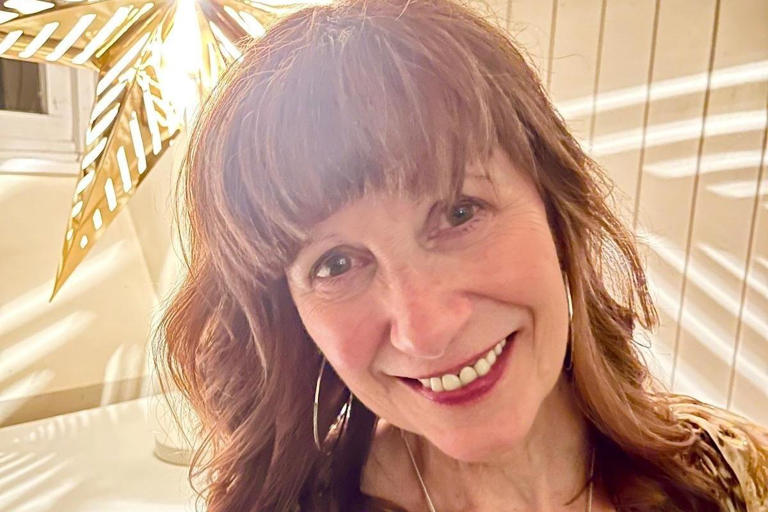
PANTOMIME
2 JENNY BRAY:
Fairy Godmother Kindheart, by Norman Warwick
Singer songwriter pianist Jenny Bray is excited to be taking to the stage in a different guise for the first time as she plays Fairy Godmother Kindheart in Bridlington’s Harbouside Pantomime production of Jack and The Beanstalk written and directed by Mike Hammond.
Jenny told our PASS IT ON department that she has
‘always loved the British panto season and it’s something I really missed during my 22 years living in the USA! I have taken my children every year during our visits home to East Yorkshire to spend Christmastime with family so I’m absolutely delighted to have a part in the Pantomime myself this season acting and singing! It was a childhood dream of mine to play the Pantomime Fairy Godmother role and so I’m finally ‘over the rainbow thrilled’ to have this chance to wave my magic wand and make dreams come true’!
Jenny joins a superb cast of local actors and thanks everyone for their support ‘helping me slip into Fairy mode’ with ‘WOW’ costumes by local seamstress Tanya Knight!
Jenny Bray and Mike Hammond are no strangers to each other, as Jenny has been a special guest on Mike’s ‘Bridlington Gold Radio Roadshow’ for the past 2 years supporting local events including Race The Waves, Bridlington Lions Family Fun days and Bridlington RNLI fundraisers. Jenny is an advocate for performing arts in the community and welcomes her shows this Christmas ‘from local Roadshow to local Theatre’!
Tickets www.buytickets.at/harbouside/1881128
Harbouside Theatre Group,
Westhill Community with St Mark’s
St Mark’s Church Hall
Bessingby
Bridlington YO16 4RU
Matinees and evening performances running through Christmas and New Year!
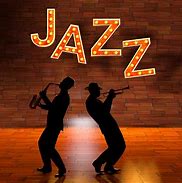

Jazz at Progess
brought to you by Jazz in Reading
3 THE FREDDIE GAVITA QUARTET
in Homage to Freddie Hubbard
Friday 7 November 2025 | Progress Theatre, Reading (details below) | 7:30pm | £20.00 (£18.00 concessions, £10 under 16) plus maximum 5% booking fee |
Bar at all gigs from 7:00pm. Drinks may be taken into the auditorium.
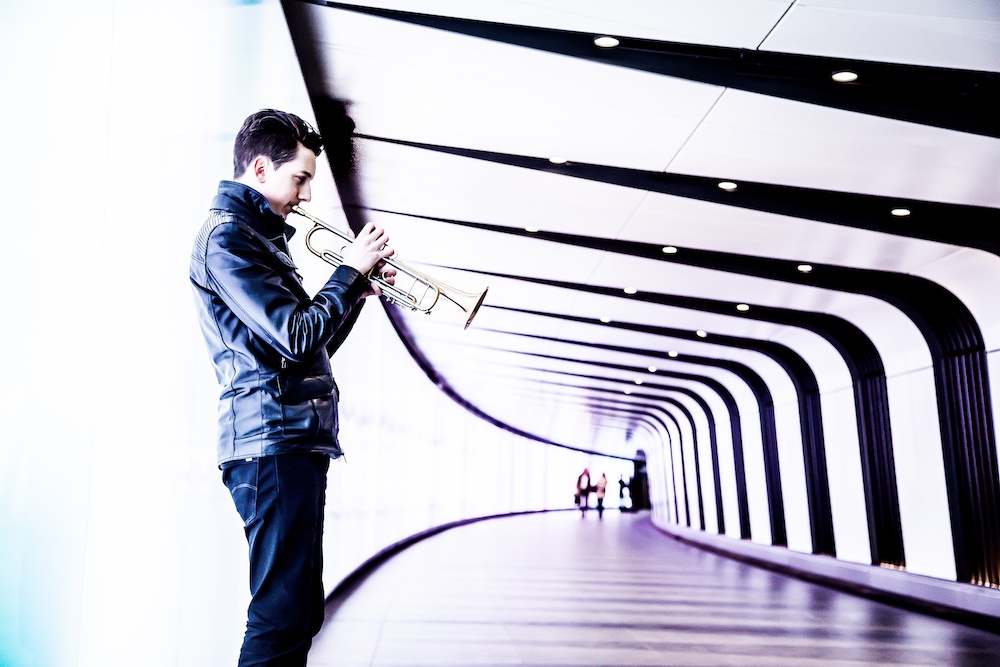
Featuring 2017 British Jazz Award “Best Trumpeter” Freddie Gavita trumpet | 1998 Young Musician Of The Year Tom Cawley keys | 2021 Instrumentalist Of The Year Jazz FM Awards Daniel Casimir bass | Madness’ percussionist Mez Clough drums
This is quite a line up to perform music of one of the finest trumpeters in jazz, Freddie Hubbard. He came of age as a soloist in Art Blakey’s Jazz Messengers from 1961 to 1965. He recorded ten albums for Blue Note and featured on several classic albums with Oliver Nelson, John Coltrane, Ornette Coleman, Herbie Hancock and Wayne Shorter, to name but a few! Hubbard died in 2008 and deserves to be remembered as being among the jazz greats.
He penned numerous tunes of which several are now recognised jazz classics, some of which you may wish to find on You Tube, including Red Clayand Hub-Tones.
photo 4 freddie gavita We are therefore delighted to host this gig with wonderful musicians led by Freddie Gavita, who has long been an admirer of Hubbard and will add to our knowledge of his legacy.
Do join us for another night of top-quality jazz.


GRAHAM NASH & PETER ASHER:
SONGS AND STORIES,
an All Points Forward review by Peter Pearson

Regular readers of Sidetracks & Detours may recall that some timer ago I wrote a profile on Peter Asher for this blog. His opening set tonight was 45 minutes of songs and stories delivered in a very engaging and entertaining way.
The stories traced his career from choirboy to Peter and Gordon, A&R Manager at Apple, managing James Taylor and Linda Rondstat, Warners Record Chief Exec and up to date. The stories were interspersed with music supported with a violinist and keyboard player/harmony vocalist and himself on guitars and vocals.
Recalling how Peter and Gordon obtained the song World Without Love from Paul McCartney he played a mp3 tape of Paul McCartney’s embryonic demo tape version before recreating his own version in trio format. Performing another of Peter And Gordon’s 60’s hit, True Love Ways, he used a tape of Gordon Waller´s bass vocal part to accompany his own vocals.
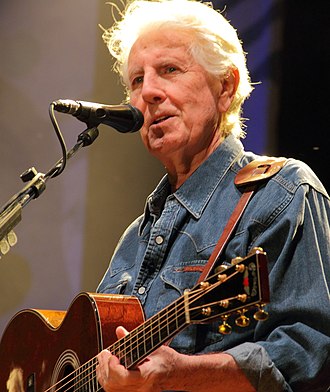
Graham Nash used a similar trick later with Stephens Stills guitar part on one of his numbers. In both cases it worked quite well.
The highlight of the Graham Nash (left) set was the superb musicianship of his back up trio of band members, two of whom I have never seen him with before and of whom I can add nothing. My brother who was with me had no sooner commented what a brilliant guitarist the lead guitar play was on the opening song than on the next song the musician swapped guitar for drums and the guy on the drums took lead guitar in an equally brilliant way.
The same two guys then took turns, playing sax on some songs and mandolins on others as well as guitar, and drums, whilst supplying superb harmony vocals. I have never seen such a superb display of multi instrumental proficiency.
I told my brother they are probably Nashville session musicians but when I got home and googled them, it turned out they aren’t. They have their own indie bands and have previously played with the likes of Dweevil Zappa and Sheryl Crow-so not the very top notch but they are relatively young musicians and I’m sure they will soon be in demand at the very top.
Next up for me are The Transatlantic Sessions but not until late January. I was pleased to see that Darrell Scott is one of the guest artists, as is Karine Polwart, who features on the Mary Chapin Carpenter trio album and was on with her on the tour of the album that I attended.
Meanwhile I am taking a detour from Americana and delving into David Gilmour’s Luck and Strange double live album, much to the possible disappointment of my next door neighbour, whenever I forget to turn the sound down!


SOUND ROOTS
5 PORT FAIRY FOLK FESTIVAL
The Port Fairy Folk Music Festival is held in the historic fishing village of Port Fairy, Victoria, Australia. Taking place on the second weekend each March, the folk and roots music-inspired gathering offers invaluable support to the local community and an unforgettable weekend of song by the oceans of the south-west coast.
“The Port Fairy Folk Festival is so grateful to be a presenting partner at English Folk Expo in March 2026, just after the conclusion of our 49th festival in Australia. We can’t wait to connect with the global folk community in the wonderful city of Manchester and look forward to Fanny Lumsden, Charm of Finches and Daisy Kilbourne showcasing Celebrating their fiftieth year in 2027, the Port Fairy Folk Festival is an annual four-day under our banner.” — Justin Rudge, Program Director, Port Fairy Folk Festival
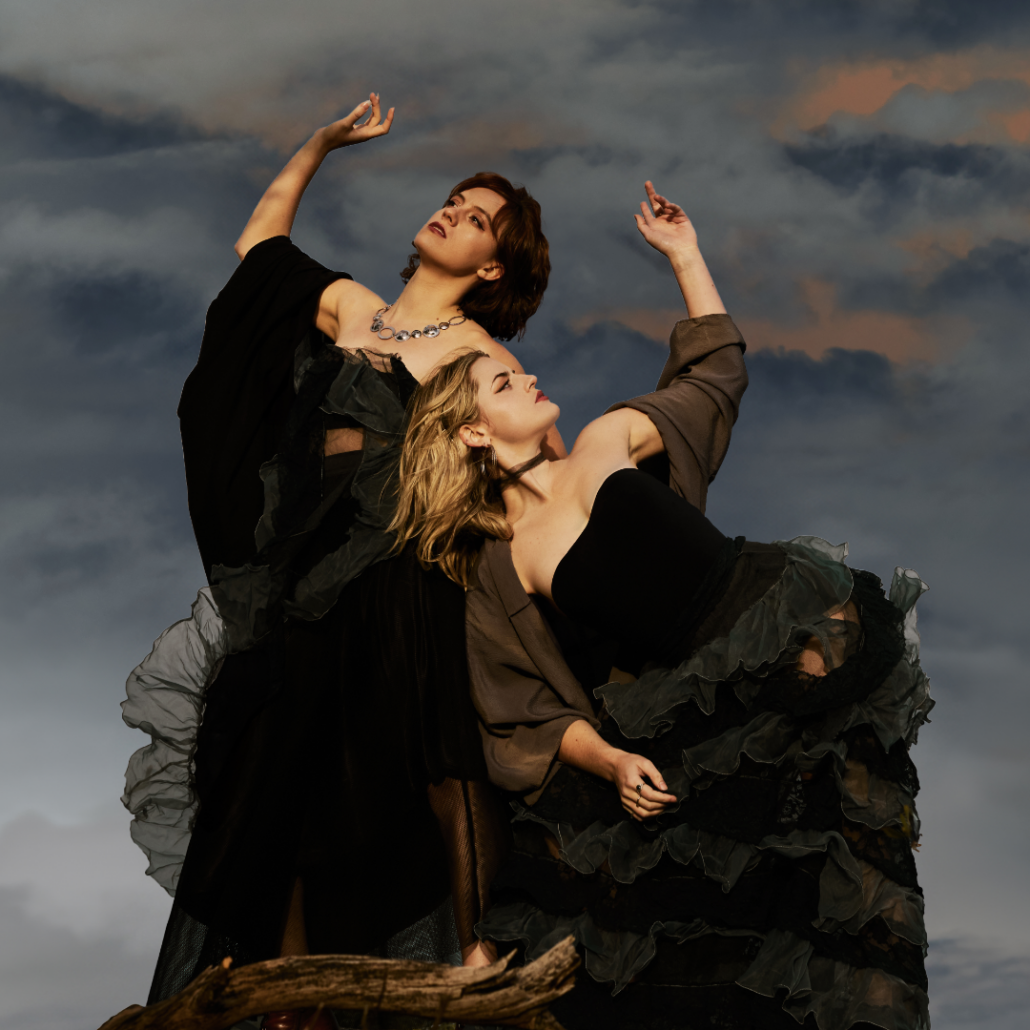
Australian sister duo Charm of Finches (left) craft intricate folk-pop that’s both graceful and darkly bewitching. Their seamless blood harmonies weave melancholy and wonder. Mabel and Ivy Windred-Wornes have toured widely across the UK, Europe, and Canada (2022–2024) and earned accolades including Best Folk Album at the Australian Folk Muic Awards (2022)

From a sheep farm in western NSW to Glastonbury Festival, Fanny Lumsden (above) has become one of Australia’s most acclaimed country artists.
A 2× ARIA, 9× Golden Guitar and 3× AIR Award winner, her chart-topping album Hey Dawn cemented her status as a distinctive storyteller and powerhouse performer redefining modern Australian country music.
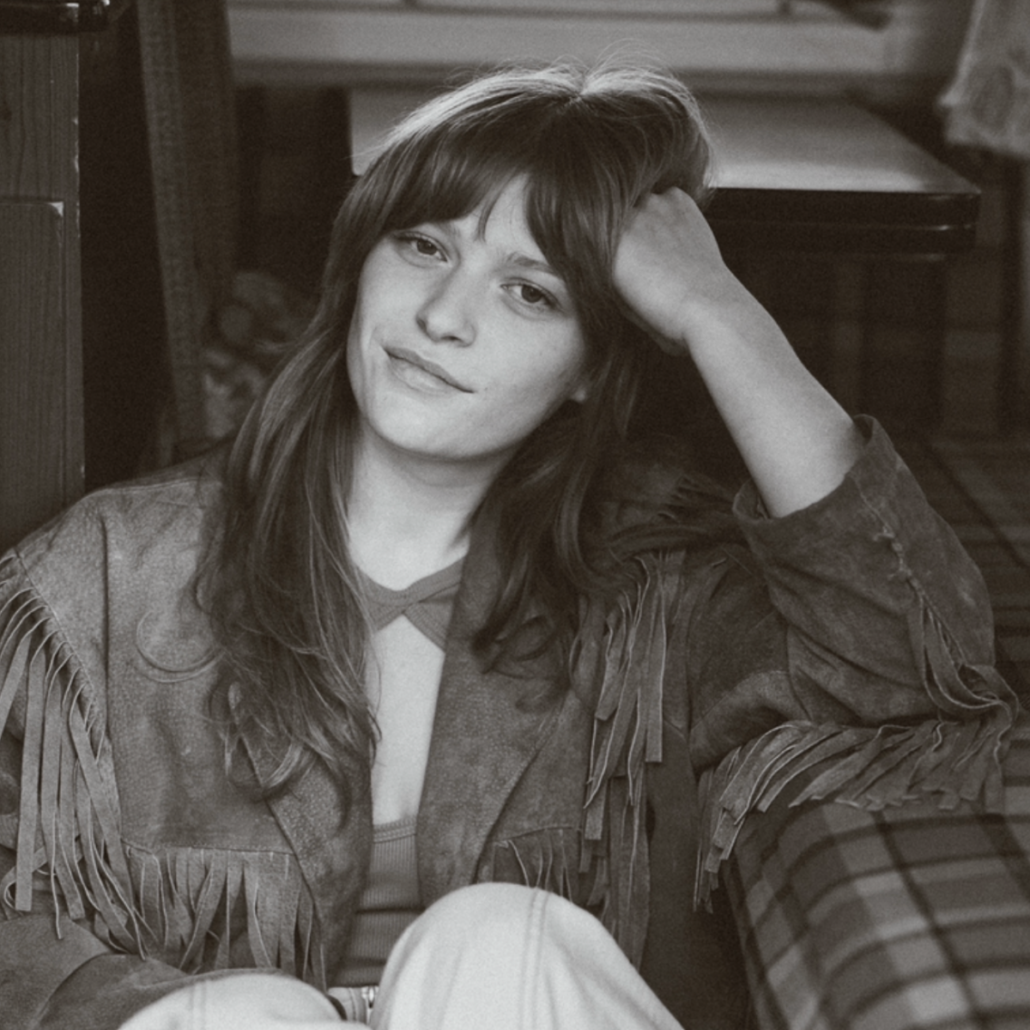
Daisy Kilbourne (right) is a soul-stirring artist with a heart firmly rooted in the music of the ’70s. Born into a musical family, her talent and love for song run deep, inspired by the legacy of her late father, Wayne Kilbourne, a revered songwriter. Having supported artists such as Adalita, Kyle Lionhart and Damien Rice, Kilbourne is fast becoming one to watch.

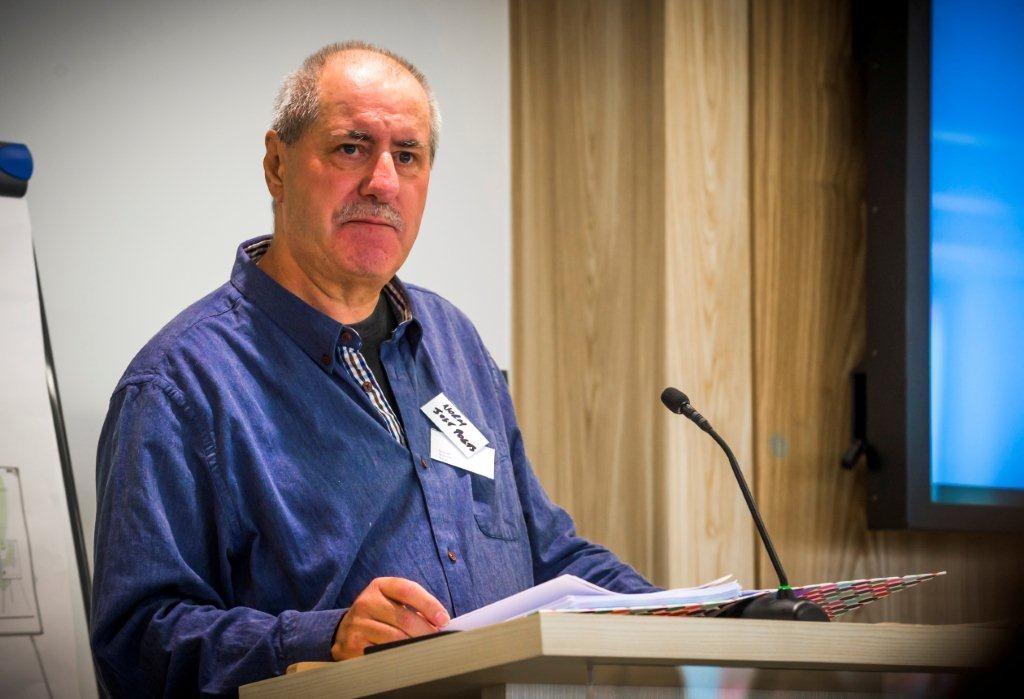
6 INVISIBLE ANGELS VISIT IN MUSIC?
believes NORMAN WARWICK (left)
There are aphorisms I hold true about music and the arts that I have picked up from musicians in interviews, such as ´always prepare your writing for light years of travel´, and songs are like ´invisible angels´ that surround us in times of both sadness and gladness, with the latter being a phrase that will guide us through our forthcoming major series in 2026, to be called SONGWRITERS AND INVISIBLE ANGELS.
The nebulous nature of these invisible angels is a difficult one to describe but when Elvis Costello paid tribute, through social media, to his late mother, he urged us to follow advice she had once given him, to write down whatever is most difficult to utter, even if concluded with a note or celebration or resolution
“The passing of an older person should be more the occasion for celebrating their long life, good fortune and strong spirit but when it’s your Mam, it is impossible to keep the tears at bay forever.” suggests singer-songwriter Elvis Costello.

It was with sadness but the acceptance of mercy that singer songwriter Elvis Costello (right) reported the passing of his ´dear Mam´, Lillian MacManus.
´It was one of my mother’s most important lessons to me that I should write down whatever was almost difficult to utter, even if concluded with a note of celebration or resolution.
Lillian was born in 1927 and grew up on Holmes Street off Smithdown Road, Liverpool 8, the eldest child of Jim and Ada Ablett. She survived her brother Arthur, seven years her junior and another brother, Gordon, who died in infancy. While her father remained in work with the Liverpool Gas Company through the Depression, his experiences as a prisoner of war between 1915 and his repatriation in 1919, seemed to have some bearing on his sometimes violent temperament. He was very demanding, sometimes quick to anger and often cruel to his wife and children.
The life of Ada Ablett, nee Mutch was made more difficult by several medical conditions that rapidly confined her to the life of an invalid. The responsibility to keep house for the family fell upon young Lillian.
During the two early periods of the Second World War, Lillian and her younger brother were evacuated to villages in Cheshire. These were contrasting experiences of thoughtful care and being exploited as unpaid labour. Local children did not necessarily welcome the “Townies” and on one occasion Lillian ran away and returned home to check on her mother, having been taunted by local kids that Liverpool had been completely destroyed in a massive air-raid.
At 14, Lillian left school and got a job as a sales girl at Rushworth and Dreaper’s Music Shop, working in the record and sheet music department. Her interest in dance band music made her more valuable to senior staff whose knowledge only extended to classical music. In time, she was encouraged to serve as an unpaid usher at the Liverpool Philharmonic Hall to increase her awareness of the classical repertoire.
By the late ‘40s, Lillian’s interest in jazz meant that she moved on to a shop in which local musicians sought the new releases. It was there that she met Ross McManus, a trumpet player newly returned from his National Service with the RAF in Egypt.
If records have been important in my life it is because my parents met across the counter of the record shop; “Bennett’s”.
Over the next few years Lillian and Ross ran “Bop City” and other club nights in the back rooms of pubs and other venues on either side of the Mersey, as Ross became “Birkenhead’s First Be-Pop Trumpet Player” (it has to be said, that he was probably the only one too). Lillian would occasionally take the place of their vocalist at rehearsals, when the singer was late from her day job but Lillian could not be persuaded to actually sing on stage in front of an audience.
Lillian had customers determined to hear American records about which they had only read in magazines and which were subject to punishing import duty that her sales manager was unwilling to stock. On one occasion she gave her own money to Norman Milne, a part-time singer friend (later to know success as, “Michael Holliday”) who was working a seaman’s passage to New York. He was charged with obtaining Lenny Tristano & Lee Konitz records for one of Lillian’s obsessive customers and she effectively had them smuggled back into the country.
My folks married in London after both moving south. Lillian worked first in Bexley Heath in Kent and later in Selfridge’s record department, jobs which she apparently talked her way into with astonishing self-confidence, which stood her in good stead when she ended up in a heated argument with the visiting actor/director, Orson Welles, when she refused to sell him a one-of-a-kind demonstration model of any early portable record player.
Ross pursued his jazz career until he realized that a family would require the more steady employment of being a trumpet/vocalist with a dance band. He worked for both Bob Miller and Arthur Rowberry on the Mecca Ballroom circuit, the last being a residency in Leeds, during which Lillian’s early months of pregnancy were spent in Chapeltown.
My folks returned to London just before I was born, which at least spared me the indignity of being a Yorkshireman. I was born in Paddington and immediately taken north to Birkenhead to be christened in the presence of my paternal grandfather, Patrick, who was by then suffering from stomach cancer. I was baptized in the, now defunct, church of Holy Cross in the North End.
In 1955, Ross put aside the trumpet and became one of three vocalists with The Joe Loss Orchestra. My parents and their infant son lived in the basement flat of a boarding house near Olympia run by a Welsh landlady, who lived on the floor above us. It was a modest dwelling with an outside toilet and access to a shared bath but apart from joining my father at a summer engagement on the Isle Of Man, the family lived there until shortly after I entered the Sacred Heart Covent School in Hammersmith.
By this time, my Dad’s better prospects allowed us to move to a maisonette in East Twickenham, just minutes from the River Thames, which would sometimes visit the back garden in Spring.
Lillian soon returned to record retail, part-time, at Potter’s Music located at the foot of Richmond Hill, a place patronized by local resident musicians and traveling players from Pete Townshend and Mick Jagger to Peter Green´´.
The above piece was posted by songwriter Elvis Costello

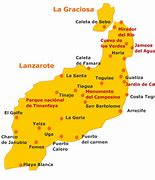
lSLAND LIFE
7 DUO OPUS 22 Children´s playground, Femes
MAGIC MUSIC ON THE MOUNTAINS 25th October 2025
by Norman Warwick
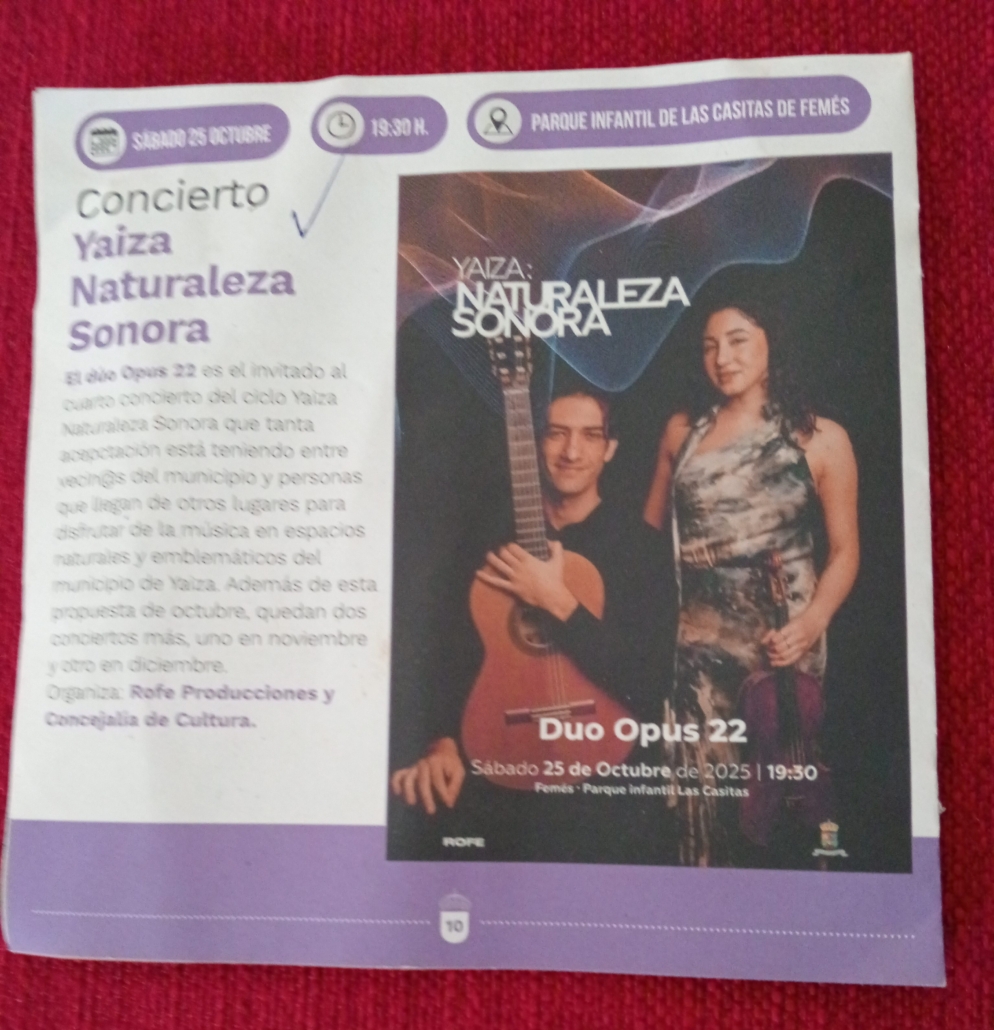
The duo Opus 22 were the guests of honour at the fourth concert in the Yaiza Naturaleza Sonora series, which has been so popular among residents of the municipality and those who come from other places to enjoy the music in the natural and emblematic spaces of the municipality of Yaiza. In addition to this October concert, there are two more concerts to follow, one in November and one in December, organized by Rofe Producciones and the Department of Culture
ROFE is a creative production company based in the Canary Islands. In 2021, it erupted from the volcanoes of Lanzarote with the intention of innovating in artistic dynamics, forming committed multidisciplinary teams, creating space for otherness, and supporting emerging talent. Today, it has a team of technicians, creative directors, and artists with whom to develop sustainable, professionalizing, and personified dynamics.
Rofe is the specific term used in Lanzarote for the coarse, rough, black or red volcanic sand. In itself, rofe is inert; however, it is used as the top layer of fertile soil because it allows life beneath it: it traps moisture and protects from the sun
The above description of Rofe Produccioons here on The Canary Islands reminds me of what the Vibe organisation similarly achieved over a twenty year period in Rochdale in the UK. Sidetracks & Detours carried a comprehensive report on Vibe activities and the articles is still available to read for free in our extensive archives of almost 2,000 articles. It was posted on 11th April 2023, and all you need to do is type Vibe into our search engine
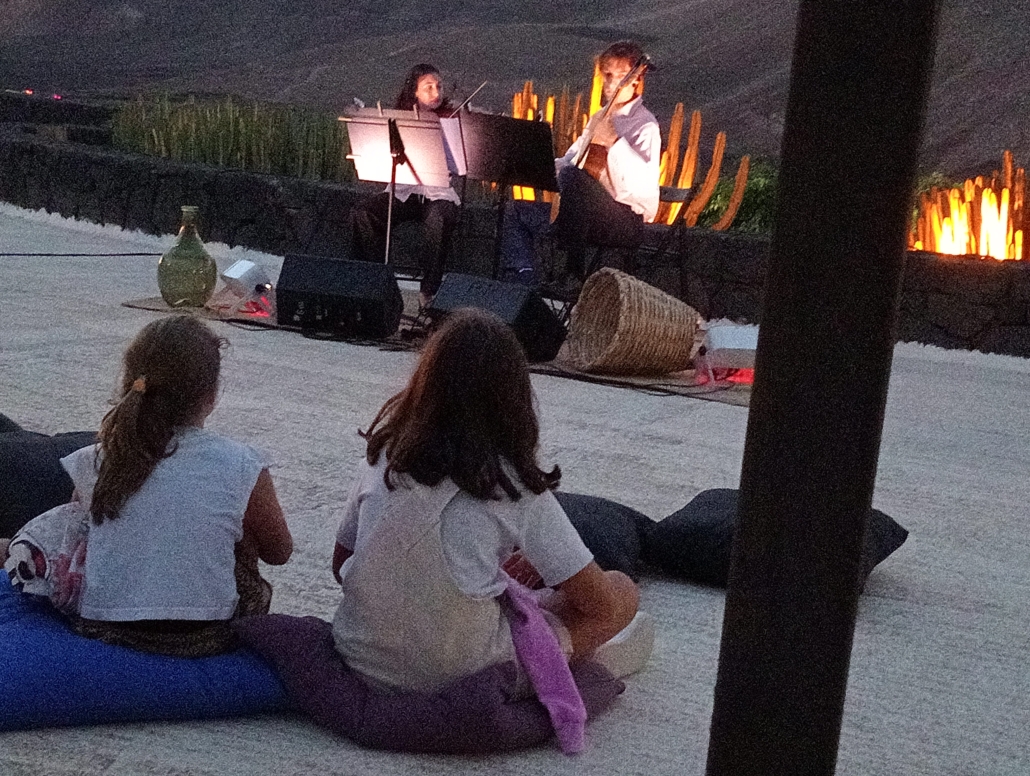
Nothing could have more clearly epitomised the aims of Rofe Producciones than tonight´s event. Yaiza Council staff had strewn plump, luxurious cushions on the hard concrete floor of the children´s playground in Femes and had laid out rows of seats in front of the ´stage´ where two seats, for the female violinist and the male guitarist were set. All this was in front of a small, cultivated cactus garden which had been lit tonight to highlight and dramatise the tall ´blue candle´ cacti variants standing behind the musicians.
This playground stands beside the LZ702 road that runs from Playa Blanca, uphill and bending all the way up to Femes and straight through this very small town, and descends at length down to the camel roundabout, from where roads diverge to all parts of Lanzarote. We in the audience could see the headlights of a steady stream of traffic along the road that climbs and twists and falls through the valley between two high mountain ranges Throughout the concert this reminded me of the scene in the film, Field Of Dreams, when a huge crowd turned up to sit at a baseball diamond to pay for a seat in the bleachers, in a closed down ground, where they could recall, or imagine, the great baseball stars who had once played there.
In the five or ten minutes before the Opus 22 concert began it was as though we were basking in a night that seemed as old as time. A pitch black sky crawled up behind the mountains in front of us and draped a thick black cloak over the backstage. A pale and tardy fingernail moon hung on to the sky in a low and precarious position and our seats were beneath a piece of star–strewn sky unspoiled by light pollution
A Rofe Producciones representative, (I guess), then welcomed us all to the event, and as children sprawled out on the cushions and their parents and grandparents took the chairs provided by the organisers, my wife Dee and I, and our two friends, Iain and Margaret, unfolded the deck chairs we had brought from home ´just in case´.
The ´compere introduced Opus 22 (above) to the now sizeable audience and when the applause died down the male guitarist welcomed us in Spanish, as did his female partner, and then she handed over to her male partner on guitar, The guitarist then explained that tonight´s programme had been chosen to celebrate the venue´s beautiful surroundings. He recited an appropriate brief verse by the late poet, Federico García Lorca, who was born in Fuente Vaqueros, Granada, on June 5, 1898. Considered one of the most brilliant Spanish poets of the 20th century, Lorca’s work was widely recognized in his time, but the outbreak of the Spanish Civil War in 1936 ultimately ended his life, and he was shot in Granada.
The guitarist finger-picked his way beautifully into the programme in a few opening bars before being joined by the lady with a glorious, ephemeral violin accompaniment. In such scant artificial lighting, and in only a deliberately very low-point of amplification, this music sounded at one with the rural countryside, as if creeping down the mountainside to meet us.
The applause between pieces was polite and unobtrusive but that was, I think, because all of us in the audience were so spellbound by the clarity and beauty of the playing by this string duo. This was a free concert we were being treated to and it was so lovely and tranquil that applause seemed almost to be a distraction.
The concert was of 75 minutes duration but so many glorious melodies were packed into that short time and the audience was enraptured throughout.
There were pieces that might have been intended for dance, and even a couple of more upbeat pieces in which the guitarist strummed his strings fiercely, redolent of the famous chugging sound of Johnny Cash train songs and for these pieces our lady violinist seemed to rozzle up her bow in the way Sis Draper did in that old Guy Clark song in which
she brought music down the mountains
and threw lightning in the air
and there was Honey on that violin
and magic everywhere.
Opus 22 closed the Naturaleza Sonora concert with a gorgeous interpretation of the song, Granada, It was proudly but sensitively played and I surprised my 73 year old self by recalling how my late father and my later grandfather used to sing the song in pubs across Prestwich, near Manchester in the UK. They would then collect pennies in the ir caps from the audience until they had enough money to buy fish and chips: one of each six times with scraps (fish and chips) on their way home, for my grandparentS, my mum and dad and for me and my brother.
Granada was written by Agustín Lara, a Mexican singer, composer, and actor who specialized in the bolero genre. Written in 1932, Granada reflects Lara’s unique style, merging the romanticism of Spain with its Mexican roots. Amazingly, Lara had never been to Spain when he composed it—he visited in 1954 and finally saw Granada in 1964. The song celebrates Andalusian women, the landscape and bull-fighting !!
There was a dignified standing ovation for the duo, as the concert finished. If I had paid fifty pounds for a ticket for this concert I´d have been quite happy, but there was no admission fee, so I was even happier.
As we left, I approached the violinist who, it transpired, spoke excellent English. and gave her a Sidetracks & Detours business card and I´m hoping to secure an interview with Opus 22 in the near future and perhaps an interview with Rofe Produccions


***** LOOK OUT FOR OUR EXCLUSIVE INTERVIEW WITH OPUS 22 IN OUR ISSUE ON THE 7th OF DECEMBER 2025 !
We will alsao bring you one of Michael Higgins´ occasional pieces. This is an article about dialect and how a dialect contest is directed and on what criteria it is judged. Theree will also be a review of a vioilin and piano concert delivered by Judith Choi & John Paul Ekins. December is always a busy month on the arts scene. We will alos preview the new series by Peter Pearson & Norman Warwick, looking at Songwriters and Invisible Angels.




Leave a Reply
Want to join the discussion?Feel free to contribute!